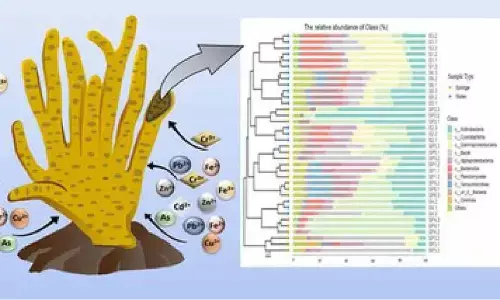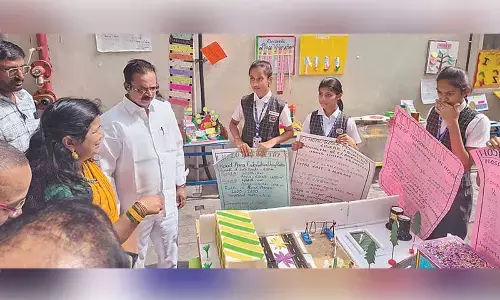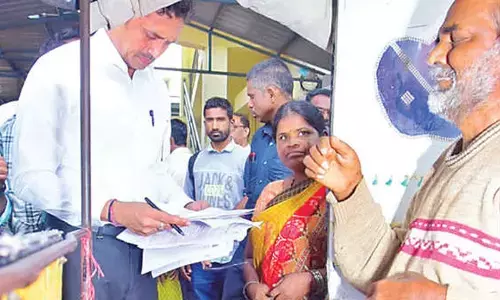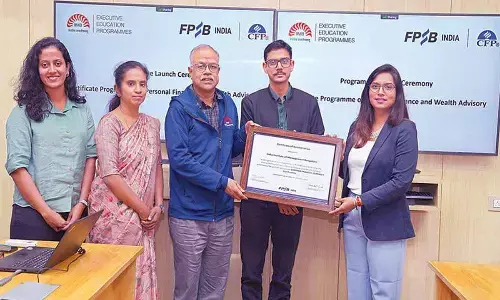Find a way around a bullying US Prez
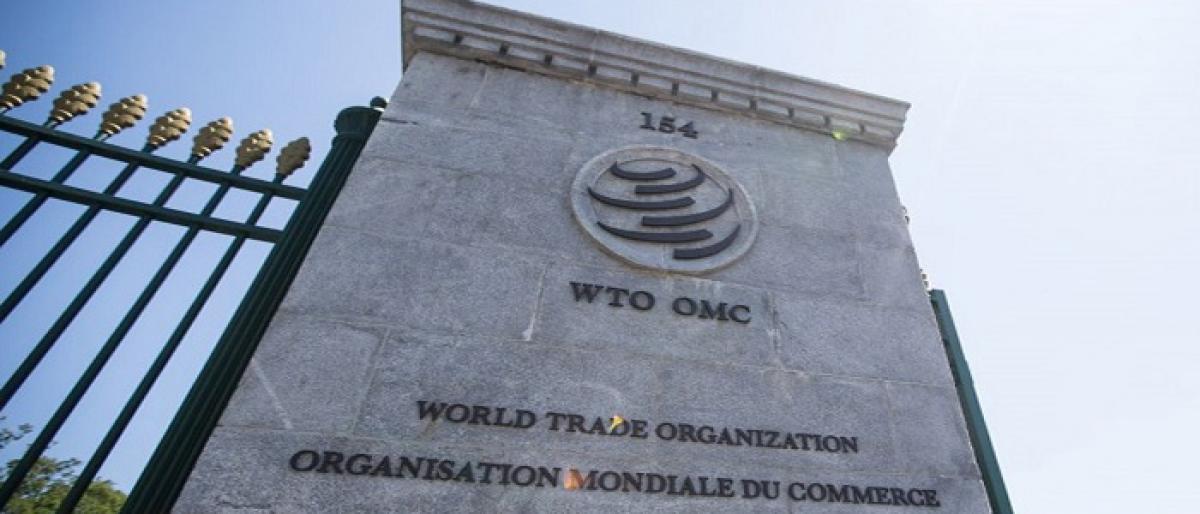
India has dragged the United States to the World Trade Organisation\'s (WTO) dispute settlement mechanism over the imposition of import duties on steel and aluminium. India, along with the EU, has also notified the WTO on the US products that will be subjected to higher tariffs in retaliation for Trump\'s protective tariffs.
India has dragged the United States to the World Trade Organisation's (WTO) dispute settlement mechanism over the imposition of import duties on steel and aluminium. India, along with the EU, has also notified the WTO on the US products that will be subjected to higher tariffs in retaliation for Trump's protective tariffs. Meanwhile, the US too has filed an appeal with the WTO against India's export incentive programmes. An India-US FTA, though much needed, remains elusive. India has dragged the US to the WTO as exports of the two products to the US would be impacted.
India has sought consultations with the US under the WTO provisions which is the first step to dispute settlement process. If the two nations are not able to reach a mutually agreed solution through consultation, India may request for a WTO dispute settlement panel to review the matter.
Some experts, however, feel that dragging the US in the dispute to the WTO may not be a wise move as we have a trade surplus with America. India's exports to the US in 2016-17 stood at $42.21 billion while imports were just $22.3 billion. Both the countries are already involved in disputes at the global trade body. The disputes are in the areas of poultry, solar and steel. The US recently filed a dispute against India on export incentives alleging these support measures harm its workers by creating an uneven playing field.
Failing to find a mutually agreed solution in the stipulated 30 days to India's export promotion programmes which the US claims have harmed American workers, Washington has escalated the issue at the WTO and asked it to refer the matter to the dispute settlement body (DSB). Under the existing WTO rules, a country can no longer offer export subsidies if its per capita income has crossed $1,000 for three years in a row. In 2017, WTO notified that India's per capita stood at $1,051 in 2013, $1,100 in 2014 and $1,178 in 2015.
During consultations with the US last month, India stated that it was informed only the last year that it has crossed the threshold and hence should get the eight year period from 2017 to cut its exports subsidies. A bully that he is, the US president is no mood to relent and listen to saner voices. Trump's new policy actions on lowering drug prices, could also have an impact on US-India bilateral trade relations given that the American industry has been fighting with the recent Indian government move to fix the prices of certain highly expensive pharmaceuticals and medical devices.
No doubt, America is an important market for Indian drug makers constituting about 40.6 per cent of the total $16.,8 billion exports to that country last year. Indian drug makers who sell copycat (generic) drugs are facing heat in US due to steep competition and pricing pressure. While defence and energy cooperation should be the two major pillars of the future story, India should continue its push for greater market access in the US for its agricultural products and services.








